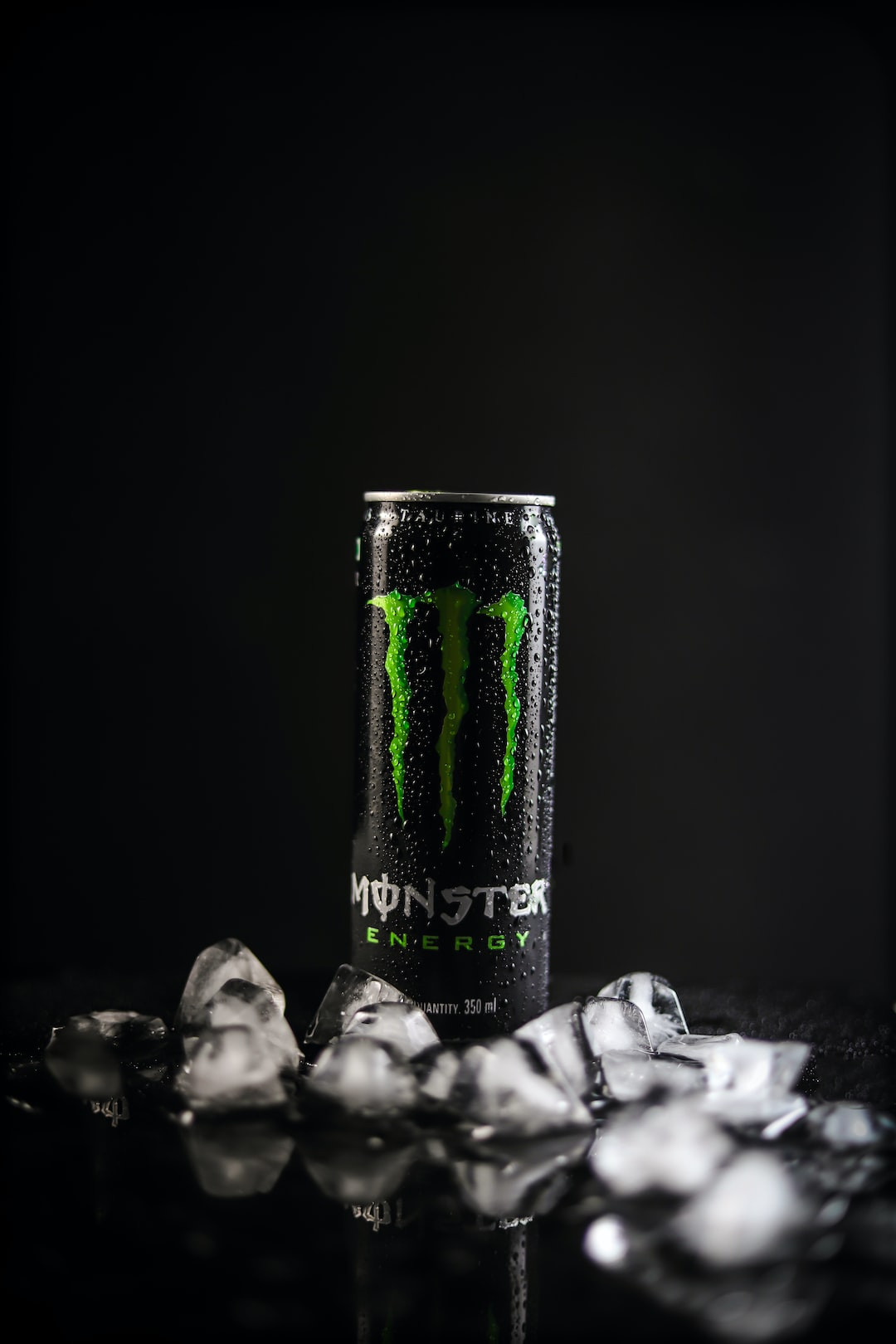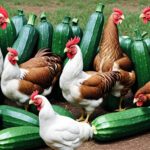When it comes to the dietary health of our furry friends, especially bunnies, there’s a myriad of do’s and don’ts that pet owners should be aware of. Bunnies have sensitive digestive systems, which means that while they can munch on a variety of vegetables, not everything is good for them. If you’re asking yourself, “Can bunnies eat broccoli?” you’re in the right place to find out.
In the vast world of bunny diets, broccoli has been a subject of debate among rabbit enthusiasts and experts alike. Understanding the nuances of feeding your bunny, specifically whether broccoli is a safe treat, is crucial. We will delve into this topic, exploring the benefits and potential concerns of broccoli as a part of your bunny’s diet.
Understanding Your Bunny’s Dietary Needs
Before we get into the specifics of broccoli and its suitability for bunnies, it’s essential to have a clear understanding of what constitutes a healthy rabbit diet.
The Fundamentals of a Bunny’s Diet
A bunny’s diet should primarily consist of:
- High-fiber hay: This is the staple of their diet and should be available at all times.
- Fresh greens: A variety of leafy greens and vegetables should make up a smaller portion of their diet.
- High-quality pellets: These can be used to supplement a bunny’s diet but should be given in moderation.
- Fresh water: Should always be accessible to your bunny.
What Foods to Avoid
Certain foods can cause health issues in bunnies, such as:
- Sugary fruits and treats: These can lead to obesity and dental problems.
- Legumes and nuts: High in fat which is not suitable for bunnies.
- Chocolate and caffeine: These are toxic to rabbits.
Understanding these dietary requirements is the first step to ensuring that treats like broccoli are safe for your bunny to consume.
Can Bunnies Eat Broccoli?
Now to address the main question: Can bunnies eat broccoli? The short answer is yes, bunnies can eat broccoli, but it should only be fed to them in small amounts and not be the main component of their diet.
Nutritional Benefits of Broccoli for Rabbits
Broccoli, a member of the cruciferous vegetable family, offers numerous nutritional benefits for rabbits, including:
- Vitamins: Broccoli is rich in vitamins K and C, which are beneficial for a rabbit’s bone health and immune system.
- Minerals: It contains minerals such as potassium and manganese, which support overall health.
- Antioxidants: These compounds can help reduce oxidative stress in your bunny’s body.
Potential Concerns When Feeding Broccoli to Bunnies
However, broccoli can also pose certain risks to rabbits, such as:
- Gas and bloating: Broccoli can cause gas and bloating in rabbits, which can lead to gastrointestinal discomfort.
- Diarrhea: Too much broccoli can result in diarrhea due to its high-fiber content.
- Nutritional imbalance: Overfeeding broccoli can result in a nutritional imbalance.
It’s important to feed broccoli in moderation to avoid these potential issues.
How to Safely Introduce Broccoli into Your Bunny’s Diet
If you decide to give your bunny broccoli, it is crucial to introduce it into their diet gradually. Here’s how you can do it safely:
Step by Step Guide
- Start with a small piece: Offer a small floret of broccoli to gauge your bunny’s reaction.
- Monitor your rabbit’s digestion: Keep an eye on their stool and behavior after introducing broccoli.
- Increase the amount slowly: If there are no adverse effects, you can slowly increase the amount of broccoli over time.
Best Practices for Feeding Broccoli to Bunnies
Follow these best practices to ensure the safe consumption of broccoli by your rabbit:
- Wash the broccoli thoroughly: Always clean the broccoli to remove any pesticides or contaminants.
- Mix with other vegetables: Integrate broccoli with other rabbit-safe vegetables for a balanced diet.
- Remove uneaten pieces: Take away any uneaten broccoli after mealtime to prevent spoilage and attract flies.
Alternative Veggies and Treats for Your Bunny
If you are hesitant about feeding broccoli or your bunny does not tolerate it well, there are plenty of other vegetables you can offer as safe and healthy treats.
Safe Vegetables for Rabbits
Some safe veggies for bunnies include:
- Romaine lettuce: A hydrating and fibrous choice.
- Carrot tops: Bunnies love them, and they’re full of nutrients.
- Bell peppers: Low in sugar and high in vitamins.
Treats for Your Furry Friend
When it comes to treats, consider rabbit-friendly options such as:
- Apples: A sweet treat, but remember to remove the seeds.
- Blueberries: A good antioxidant source, serve in moderation.
- Herbs: Parsley, cilantro, and basil can be very enriching.
Creating a Balanced Diet Plan for Your Bunny
A balanced diet is essential in maintaining your bunny’s health and happiness. Here is what a balanced diet plan might look like:
Daily Bunny Diet Outline
- Morning: Unlimited high-fiber hay and a bowl of fresh water.
- Midday: A small mix of veggies, including a tiny piece of broccoli, and a handful of pellets.
- Evening: More hay and fresh water, and perhaps a small, rabbit-safe treat.
Monitoring Your Bunny’s Health
Observe your bunny’s weight, dental health, and energy levels to ensure their diet sustains their overall well-being.
Troubleshooting Dietary Issues in Bunnies
Even with a balanced diet, bunnies might experience dietary issues. Knowing how to troubleshoot these problems is essential.
Common Issues and Solutions
- Obesity: Reduce treat intake and encourage exercise.
- GI stasis: Seek immediate veterinary care as this can be serious.
- Dental problems: Provide plenty of chew toys and consult your vet for regular dental checks.
Final Thoughts on Broccoli and Your Bunny’s Diet
Feeding broccoli to your bunny can be a healthy addition to their diet, but moderation is key. Always introduce new foods like broccoli slowly and watch for any negative reactions. Remember, a diet high in hay, fresh water, and a variety of vegetables is the best way to keep your furry friend thriving.
Through proper understanding and careful dietary planning, you can ensure that your bunny enjoys a nutritious diet that may include treats like broccoli without compromising on their health.
Remember, every bunny is unique and what works for one may not work for another. It’s essential to take the time to understand and cater to your bunny’s specific needs for a healthy and happy life.
In summary, by incorporating the appropriate amount of broccoli and balancing it with other bunny-safe foods, you provide not only a diet that sustains their health but also enriches their palate. Keep in mind that moderation and variety are the cornerstones of an optimal diet for your cherished pet.






